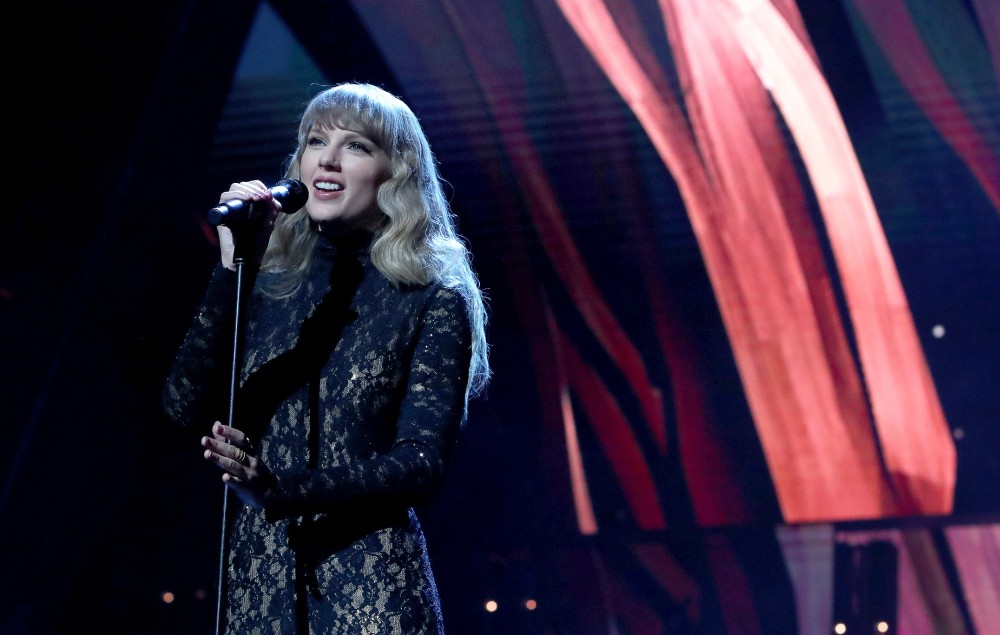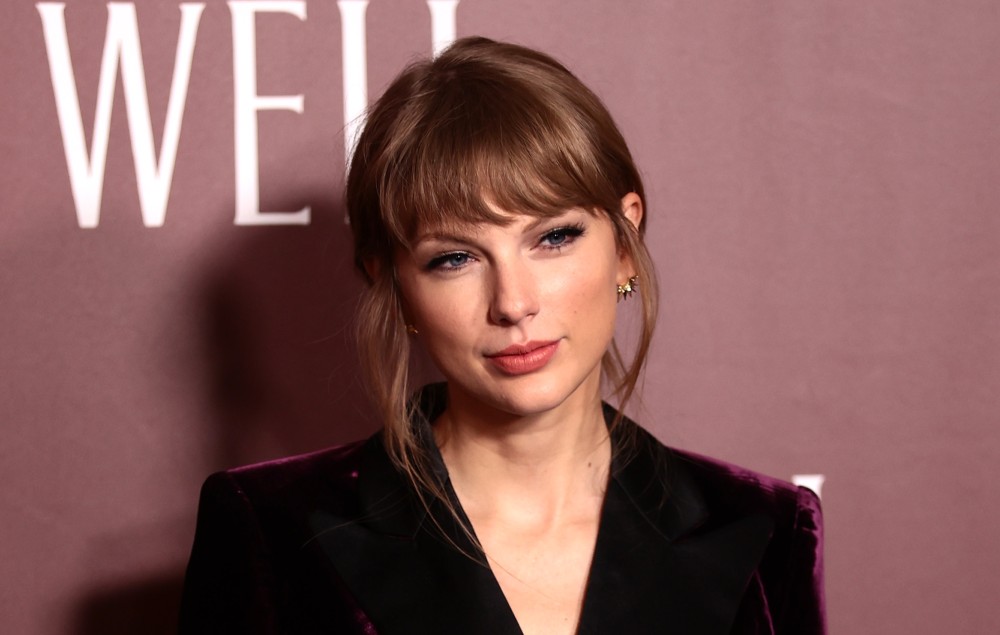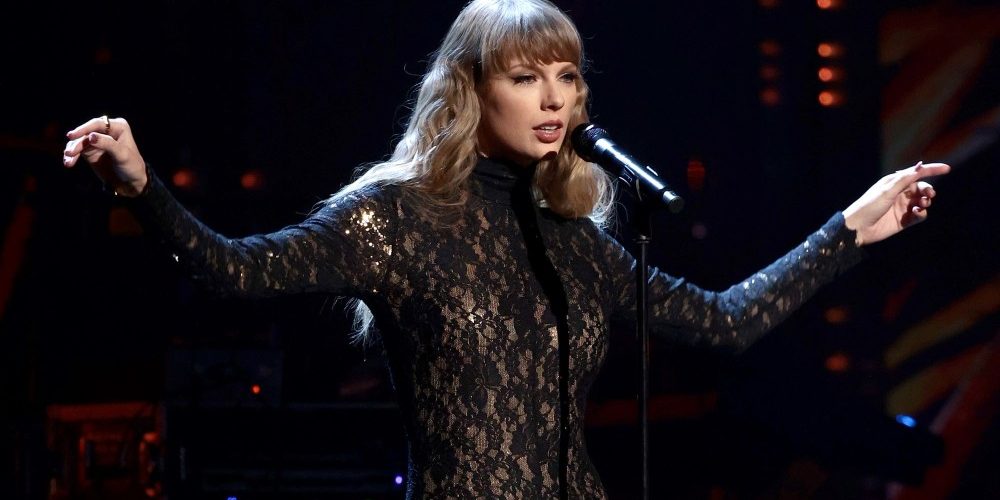Taylor Swift ‘Shake It Off’ copyright trial to proceed as judge rejects appeal
A judge has ruled that Taylor Swift’s request for the copyright infringement lawsuit centered on ‘Shake It Off’ to be dismissed is denied, and that the trial will go ahead.
US District Judge Michael W. Fitzgerald issued his decision nearly nine months after Swift’s motion to have the case dropped was put forward.
In last December’s defence motion, Swift’s lawyers argued that Fitzgerald had failed to consider the “extrinsic test” – the standard whereby it’s determined if copyright is breached when two works of similar nature are presented – within songwriters Sean Hall and Nathan Butler’s claim that Swift copied lines from the pair’s 2001 song ‘Playas Gon’ Play’.
Swift’s legal team believes that such a consideration would make it clear that Swift’s lyrics are based on phrases in the public domain and not, in fact, copied from Hall and Butler.

“There’s a genuine issue of material fact,” Fitzgerald said upon issuing the ruling yesterday (September 12) in a hearing at a Los Angeles court [via Rolling Stone].
“The motion for reconsideration is denied,” he continued. “I don’t think it meets the standard for reconsideration, and even if it did, and I was approaching it again on the merits, I still think there’s a genuine issue of material fact in part because of the expert opinion.”
Last month, Swift addressed a 2017 copyright lawsuit (later dismissed in 2018) that claimed that she stole Hall and Butler’s lyrics for her 2014 hit.
Writing in a federal court document filed on August 8, the pop star denied any copyright infringement and alleged that she’d “never heard” the 3LW song she is accused of plagiarising.
In excerpts of the motion obtained by Billboard, Swift unequivocally rejected the accusation, writing that “the lyrics to ‘Shake It Off’ were written entirely by me”, before providing context around how they came to be included in the song.
“In writing the lyrics, I drew partly on experiences in my life and, in particular, unrelenting public scrutiny of my personal life, ‘clickbait’ reporting, public manipulation, and other forms of negative personal criticism which I learned I just needed to shake off and focus on my music,” Swift wrote.
Elsewhere in the motion Swift addressed directly to the lyric in question, claiming that “players gonna play” and “haters gonna hate” were widespread aphorisms used throughout her childhood, “akin to … sayings like ‘don’t hate the playa, hate the game,’” and “‘take a chill pill’”.
In 2018, Fitzgerald had ruled that the lyrics were too “banal” to be copyrighted and dismissed Hall and Butler’s lawsuit. However, the decision was subsequently overturned by an appeals court in October 2019.
Then, in September 2020, a Los Angeles judge confirmed that the case would go ahead.

In their revived claims, Hall and Butler have alleged that while the “players gonna play” and “haters gonna hate” phrases “may seem like common parlance today”, they were “completely original and unique” in 2001.
Yesterday, Fitzgerald said that he was “remiss” in letting the defence motion for reconsideration go unaddressed for “entirely too long”. He said the basis for his decision included the expert testimony submitted in the case.
Experts for claimants have said there’s “substantial similarity” between the two songs’ lyrical phrasing, as well as sequential structure.
According to Rolling Stone, Swift’s lawyer Peter J. Anderson declined to comment as he left the hearing yesterday.
In other news, Swift has spoken about her ambition to direct films with “human stories about human emotion”.
